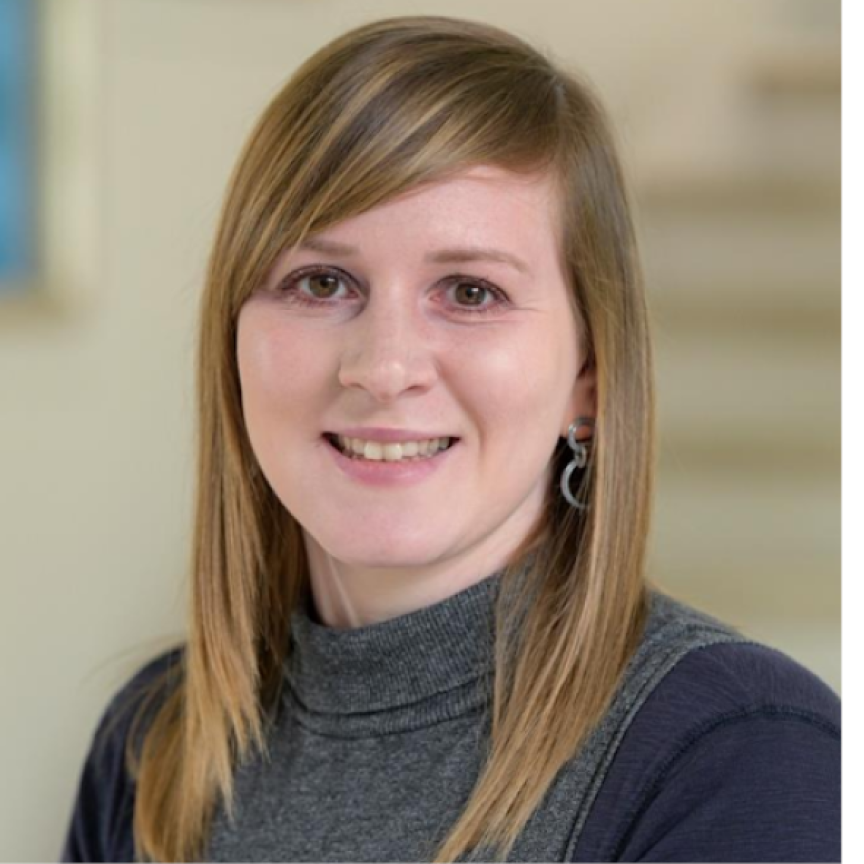A computer science researcher from the University of the Strathclyde in Scotland, UK, has gained recognition for his PhD research into artificial intelligence.
From interpreting huge streams of data at CERN, piloting autonomous vehicles, or predicting medical conditions such as heart failure – artificial intelligence and other sub-fields such as machine learning offer possible solutions for some of the most complex challenges facing the scientific community.
Damien Anderson, who is from Coatbridge, North Lanarkshire, stated: 'My research looks into ways to enable computers to figure out something on their own, whatever’s been programmed into them. For example, in computer games, AI could be used for the computer to work out why its performance has gone up or down and apply this to its strategies so that it can solve a problem without having faced that type of problem before.’
Anderson was awarded the Robertson Medal, a prestigious prize presented annually by the Carnegie Trust for the Universities of Scotland - to the most outstanding student on its PhD scholarship programme. His research was chosen from among 14 students awarded scholarships, from an original list of 58 applicants. Anderson received the medal from Professor Dame Anne Glover, former chief scientific adviser to the Scottish Government and the European Commission, at a ceremony at Strathclyde last week.
Professor Andy Walker, chief executive of the Carnegie Trust, said: ‘Our PhD Scholarship scheme is highly competitive with only the very best graduates being put forward by the Scottish universities for consideration. It is to Damien’s great credit that, not only has he been awarded one of our scholarships, but that the selection panel recognised him as this year’s best student. I am confident that his research project will be very fruitful and wish him well with his studies.’
Anderson received a degree in Software Engineering from Strathclyde in 2015 before continuing on to his PhD. During his degree, he had a 12-month internship at CERN, the European Organisation for Nuclear Research, in Switzerland. During this time, he wrote software protection systems for the particle accelerators at CERN, including the Large Hadron Collider, and the quality of his work led to his internship being extended by two months.
The Robertson medal was introduced in 2003 to mark the contribution of the retiring Chairman of the Carnegie Trust, Sir Lewis Robertson, who served the Trust for more than 40 years.
Machine learning is one subfield of computer science that evolved from the study of pattern recognition and computational learning theory in artificial intelligence. In recent years, machine learning has been the subject of much discussion in HPC, as it is seen as a potential solution to some of the big data problems that face not only the HPC industry but also the wider scientific community.
In 2015, the Nvidia GPU Technology Conference highlighted the power of machine learning in the keynote presentations at the event.This year’s Nvidia GTC conference also focuses on artificial intelligence and its application in self-driving cars.
This highlights just one potential commercial application for early AI systems but they could also be used applications in the technical computing, HPC and more general business computing markets.

